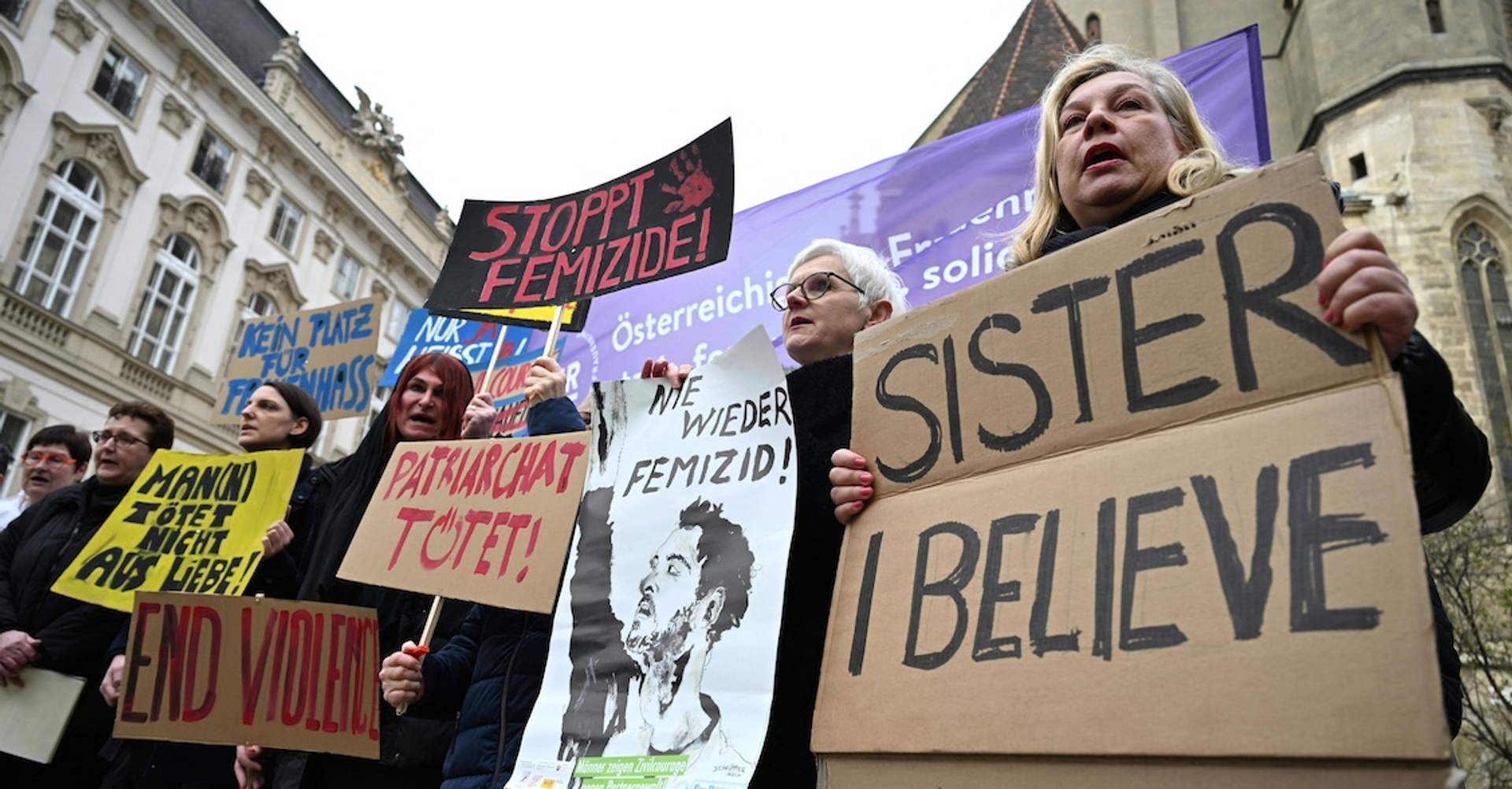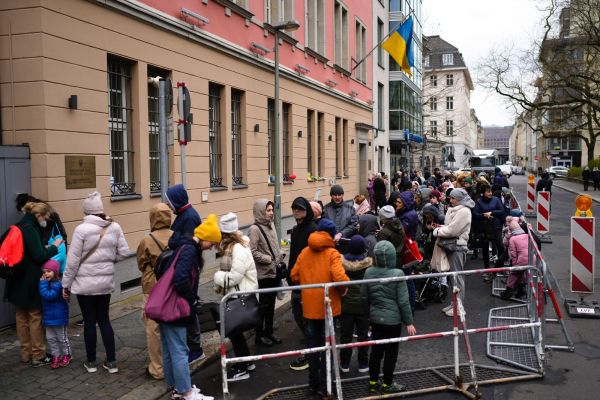•
Today
•
reading time 3 minutes
•
Viewed 1620 times
•
save
While Dilan Yesilgöz and Caroline van der Plas are negotiating in The Hague to make the first ultra-right cabinet since the Second World War possible, there is great fear in Europe about the position of women due to the rise of far-right parties. All ultra-right governments that Geert Wilders has expressed his admiration for have introduced legislation that undermines women’s rights.
The ultra-right government in Poland, which has now been voted out of office, is of course notorious and denied women the right to abortion. In other countries, legal harassment focuses on traumatizing women. In Hungary, for example, women are legally forced to listen to the fetus’s heartbeat before having an abortion. In Italy, which is struggling with an epidemic of femicide, the government has cut or severely curtailed programs to combat violence against women. In Spain, the far-right Vox is trying to do the same at a regional level, writes Politico.
In the latest polls, the two far-right factions, the Identity and Democracy (ID) group and the European Conservatives and Reformists (ECH), together obtain a record number of 160 seats in the 705-member European Parliament.
The ID, which includes the French Le Pen, includes the Dutch parties PVV and FVD, while JA21 and SGP are part of the ECH. Previously, the Christian Union was also part of the ECH, but it left the faction in 2019 due to its increasingly right-wing course.
The PVV was wiped out in the 2019 European elections but managed to gain a residual seat. The party lost it again because MP Marcel de Graaff defected to FVD. The FVD won three seats in the elections but later lost them because all three members defected to JA21.
Politico spoke with professor Gabriele Abels from the University of Tübingen, who specializes in European politics. “If there is a shift to the right in the European elections, it will influence the attitude of the European Parliament towards women’s rights.” Among other things, she points to the possibility of funding being cut off and equality legislation being diluted, with disastrous consequences. Moreover, progress in the field of women’s rights is then seriously jeopardized. This includes, for example, transparency regarding pay so that the structural underpayment of women can be tackled.
Women are now better represented in the European Parliament than in most Member States’ parliaments. Only a third of parliamentarians in the Member States are women, and in the European Parliament the number of seats held by women is 40 percent. Female politicians are much more likely to experience intimidation and violence than men. In the Netherlands, this was reason for the most prominent female leader, Sigrid Kaag, who booked a record number of seats for D66, to say goodbye to politics last year.
The European Union aims to create, among other things, equal rights in all member states. The rise of the extreme right threatens to make this impossible, often on the basis of mendacious arguments. The problem is that women’s rights are not – yet – a decisive factor for voters, writes Politico. Partly because citizens wrongly believe that these are already sufficiently guaranteed.
The European elections will be held in all 27 Member States between June 6 and 9. In the Netherlands, voting takes place on June 6.
2024-03-08 18:45:00
#Fear #disappearing #womens #rights #due #growth #ultraright #European #elections #Joop #BNNVARA


